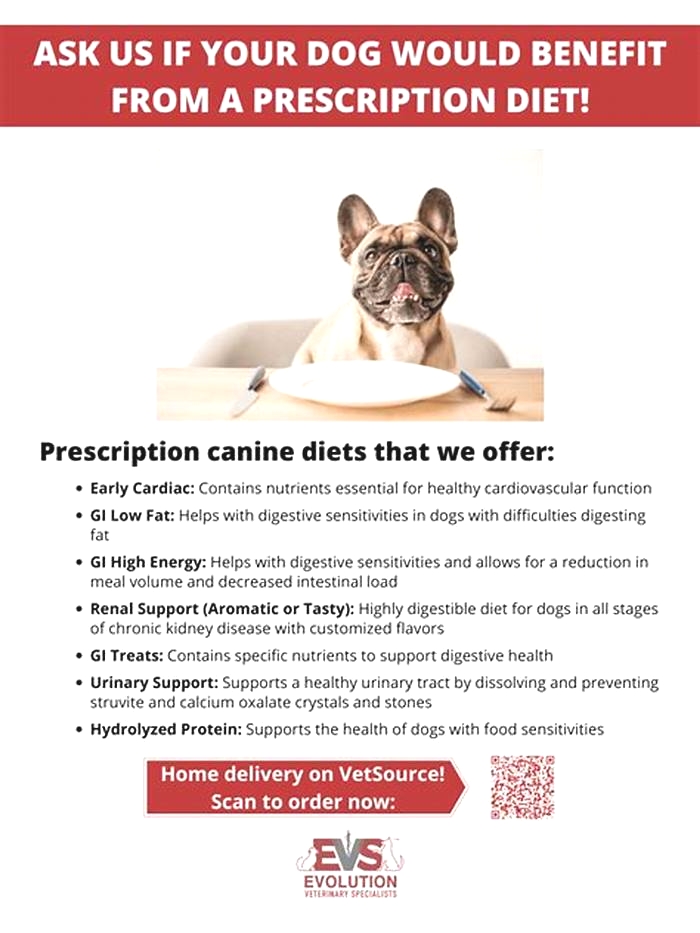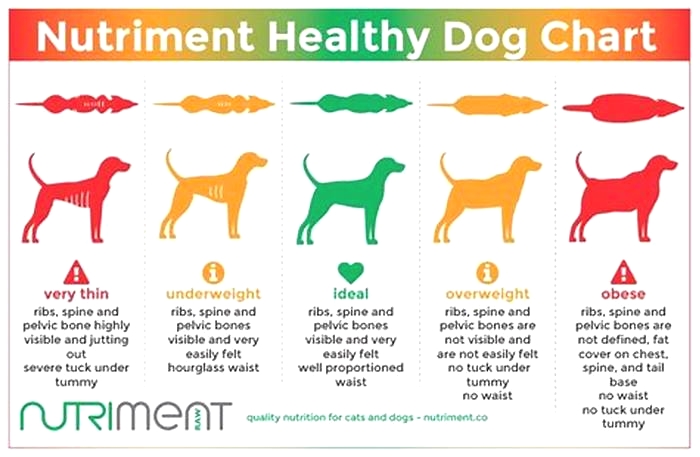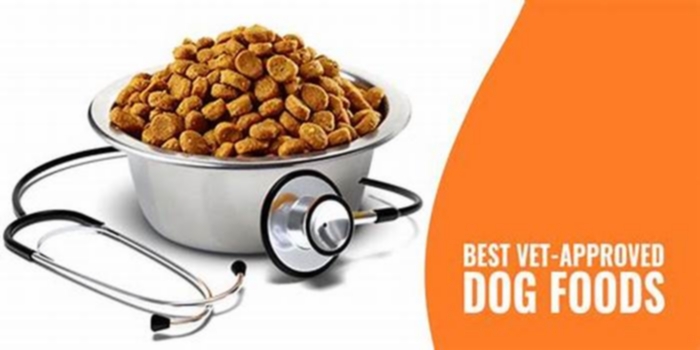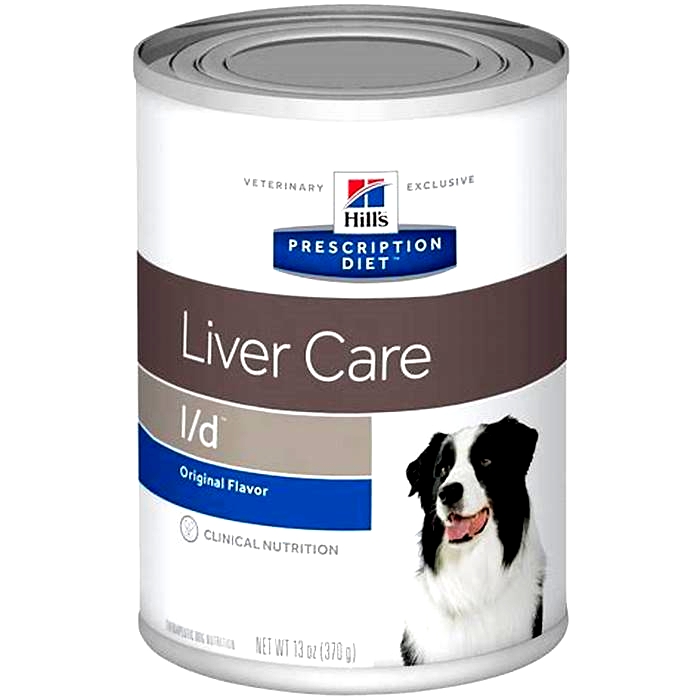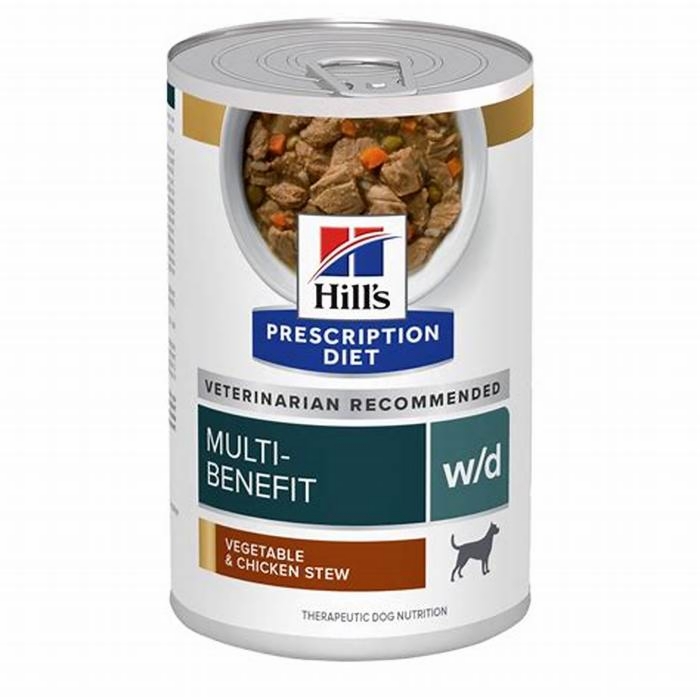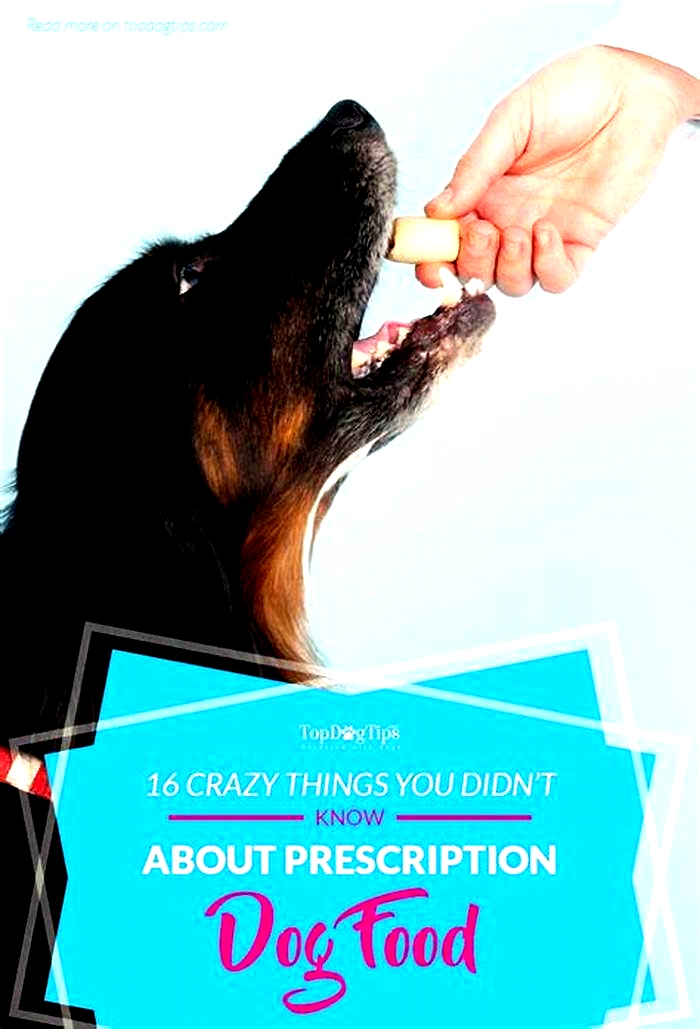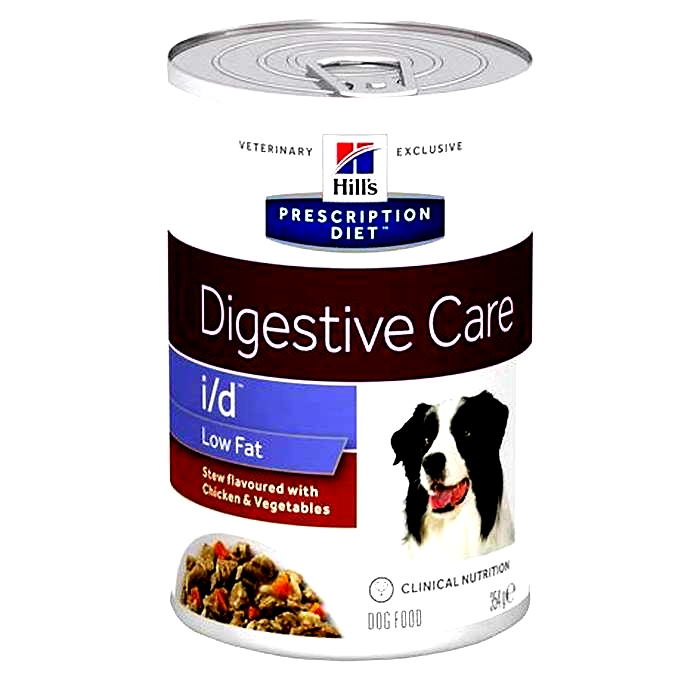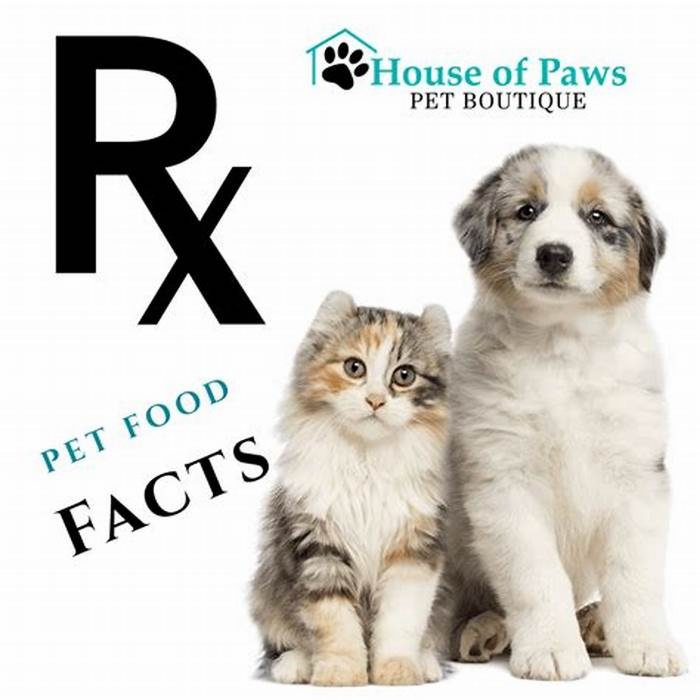Vet Endorsed Nutrition Understanding Prescription Dog Food
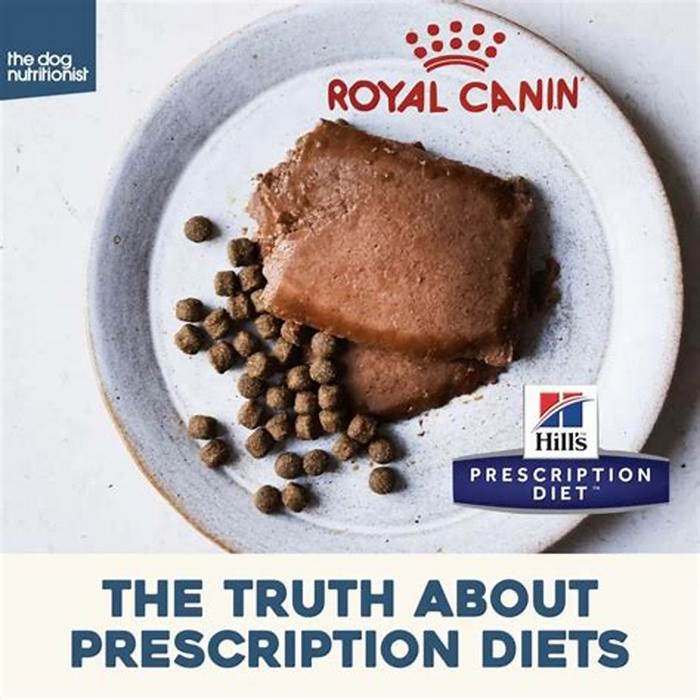
Which Diet did your Vet Prescribe?
Your veterinarian knows your dogs detailed health requirements. Consult with your veterinarian to find out which of these support diets are recommended for your dog.
Tell Us About Your Dog
Let Us Make Some Calorie Calculations to Help You Pick a Fresh and Healthy Recipe.
Feeding CalculatorVet-Prescribed Dog Food
Our vet support diets are the #1 veterinary recommended fresh food, as determined by an independent national survey of 16,000 veterinarians. This is because a whole-food diet is never more important than when you need to maintain your pets health. Our comprehensive line of whole-food prescription dog food is designed to help pets live their healthiest lives possible.
Our veterinary team, including board-certified specialists in nutrition, toxicology, and dermatology, has developed eight veterinary support diets for dogs. These prescription dog food recipes are explicitly formulated to meet the critical nutritional requirements of dogs and are prescribed by veterinarians based on their patients needs. All our vet support diet dog foods have been formulated for the long-term nutritional management of your pets health under the direction of your veterinarian. In addition, we can work with your veterinarian to create acustomized diet for pets who have specific health requirements or special complex needs.
Prepared in small batches in our open-to-the-public Kitchens, our prescription dog food is made from only the finest meats and the highest-quality produce; all the same wholesome food we choose for ourselves. Also, the proprietary Nutrient Blends used in our vet dog food meet or exceed the strictest certifications and requirements set forth for human nutraceuticals. We also regularly test our food through independent human food laboratories.
In addition to our vet-diet dog food, our exclusive line of veterinarian-developed dietary supplements for dogs addresses the most common ailments faced by our four-legged friends. We also offer fresh cat food for your favorite feline. Ask your veterinarian how one of our veterinary support diets can support your pets health today.
Veterinary Diet Dog Food
Prescription dog food can help you manage your dog's specific health issues through his daily diet. These formulas require a prescription and are typically prescribed as part of your pet's overall health plan under the care of a veterinarian. Vet recommended dog food differs from the average over-the-counter food because it's created to treat a specific health condition. There are many types to choose from including vet recommended wet dog food, vet recommended dry dog food and vet recommended dog treats. Non-prescription foods, on the other hand, are made to feed pets that are in relatively good overall health. Two of the most popular brands that you'll find online and at your vet's office are the Hill's Prescription Diet and Royal Canin Veterinary Diet lines. Each prescription dry dog food and canned dog food recipe is formulated by veterinarians to treat a particular health condition and has been clinically tested with proven results. Ingredients are selected based on their therapeutic properties and carefully combined with palatability in mind to formulate the best dry veterinary dog food possible. Some of the health concerns that can benefit from a prescription diet include weight management prescription dog food, food allergies prescription dog food and sensitivities, urinary tract infections prescription dog food, gastrointestinal disease prescription dog food, diabetes prescription dog food, proper heart functioning, kidney disease prescription dog food and skin conditions prescription dog food. The first step is to visit your veterinarian to determine the best vet recommended dog food for your dog. Once you've discussed all of the possible options, you and your vet can decide which veterinary dry food is right for your cat or dog, and which fits into the overall treatment plan for your pet's ailment. Then you'll be able to order your newly prescribed vet diet online and have it shipped right to your door. Chewy has an entire prescription team dedicated to helping pet parents with their prescription dog food orders from the online dog store and free dog food delivery. Your pet's veterinary dry food order will ship to you after the prescription team gets authorization from your vet confirming the prescription. Once you start your pet on his new veterinary diet, it's important to follow the directions given by your vet or on the back of the bag exactly for the best results. Because each dry vet dog food recipe is made to treat a specific issue, these diets are not interchangeable. Stick to the prescribed diet without supplementing with other foods or even treats. There are usually a few prescription treat options available that complement your pet's vet diet -just be sure to always check with your vet first. Find this and more on Chewy's online pet store where you can find the best dog supplies today!
Related Categories: Freeze-Dried Dog Food, Human-Grade Dog Food and Treats, Dehydrated Dog Food, Frozen Dog Food, Dog Food Toppers & Gravy, Dog Food, Prescription Dog Treats
How can I get a vet-recommended dog food prescribed to my dog?
You can get a vet-recommended dog food prescribed to your dog by seeing a veterinarian for an exam, diagnosis and prescription. You can usually get a refill vet-recommended dog food prescription by just calling your vets office. If you order your prescription dog food from Chewy, simply enter your vets info at checkout and we will contact your vet directly.
Where can I get prescription dog food?
You can get prescription dog food online from Chewy with a prescription from your vet. You can also find prescription food for canines at some local pet stores and online pet stores that serve your area. Some veterinarians will carry prescription dog food, as well.
Which dogs need prescription dog food?
Dogs that need prescription dog food usually have an ailment or chronic illness that requires a special diet. Dogs with kidney issues, diabetes, or digestive issues will often require special prescription canine food. Those with food intolerance or allergies may need a hypoallergenic or novel protein prescription dog food. Only your vet can recommend and prescribe the right prescription dog food for your pet.
What is veterinary diet dog food?
Veterinary diet dog food is dog food recommended and prescribed by vets. Veterinary foods often feature special formulations for dogs with specific ailments like food intolerance, chronic disease or recurring issues like urinary tract infections. Only feed your dog veterinary diet recipe foods if you are specifically instructed to do so by your vet.
Should You Feed Your Pet Prescription Dog Food? Here's When It's a Good Idea
The line dividing food and medicine can be fuzzy. When you eat a handful of raspberries, youre providing your body with important nutrients and antioxidants. A piece of salmon contains a lot of protein, but its also high in omega-3 fatty acids that can reduce inflammation.
Pet food manufacturers have taken the idea of food as medicine a step furtherby designing products to help manage a wide variety of diseases. These foods are available only with a veterinarians prescription because they can do harm when used under the wrong circumstances.
Heres what you need to know about prescription dog food.
What Is Prescription Dog Food?
Prescription dog foods (also called therapeutic dog foods or veterinary diets) are made with ingredients and nutritional supplements combined in just the right proportions to support the health of dogs who have a particular disease or illness.
For example, a veterinarian might prescribe prescription dog food for a dog with arthritis that contains high levels of omega-3 fatty acids and antioxidants to reduce inflammation, glucosamine and chondroitin sulfate to protect joint cartilage, and added L-carnitine (an amino acid) to keep muscles strong.
Before a prescription dog food can be sold, the manufacturer must put it through extensive testing to show that its safe and effective for dogs with specific diseases. Manufacturers also adhere to rigorous safety and quality control standards when making these special diets. All of this helps ensure that prescription dog foods are worth the extra money.
When to Start a Prescription Dog Food Diet
Many health problems in dogs can be managed, at least in part, through their diet. A veterinarian familiar with the specifics of a dogs case is in the best position to determine if a prescription dog food is appropriate. Talk to your veterinarian about prescription dog food if any of the following apply to your dog.
1. Your Dog Needs to Lose Weight
Extra body fat makes life shorter and less enjoyable for overweight dogs. It can cause or make many health problems worse, too, including:
If your dog is only a little overweight, an over-the-counter diet dog food, such as Hill's Science Diet Adult Perfect Weight, may help. But dogs who need to lose a lot of weight tend to do better on a prescription weight loss food.
Different diets seem to work better for different dogs, but most vet-recommended prescription dog foods combine increased fiber to help dogs feel full without adding calories, moderate or high protein to maintain muscle, and low levels of carbohydrates and fats. Good options include
Your veterinarian can design a weight loss plan tailored to your dogs individual needs, help you monitor how its working, and make necessary changes as your dogs body condition changes.
2. Your Dog Has Bladder Stones
Symptoms of bladder stones in dogs include bloody urine, straining to urinate, and discomfort. Some types of bladder stones can be dissolved with prescription dog foods or medicine, while others need to be physically removed via surgery or other treatments. But an appropriate diet can almost always reduce the chances that bladder stones will return.
For dogs who are prone to bladder stones, wet foods are usually preferable to dry because they help keep the dogs urine dilute, which reduces the chances that stones will form. Royal Canin Veterinary Diet Adult Urinary SO and Hill's Prescription Diet c/d Multicare dissolve struvite stones and help reduce the formation of struvite and calcium oxalate stones. Hill's Prescription Diet u/d Urinary Care helps dissolve and prevent the recurrence of urate and cystine stones.
Your veterinarian can determine what type of bladder stones your dog has and how they should be treated.
3. Your Dog Has Kidney Disease
Dogs with chronic kidney disease can live for many months (or even years!) with appropriate treatment. Prescription dog foods for kidney disease can be an important part of therapy.
These diets usually contain a moderate amount of high-quality protein and are low in phosphorous and sodium to reduce the workload on the kidneys. Omega-3 fatty acids, essential amino acids, vitamins, minerals, and antioxidants may all be supplemented to promote kidney function and overall health and wellness. Whenever possible, dogs with kidney disease should eat wet dog food to help prevent dehydration.
Because dogs with kidney disease often have a reduced appetite, its important to find a kidney diet that your dog enjoys eating. You might need to try several options before finding the one that works best for your dog. Some go-to's include:
5. Your Dog Has Arthritis
Arthritis is very common in dogs, particularly as they get older. Combining different forms of treatment, including diet, can decrease a dogs discomfort and increase their mobility.
Therapeutic dog foods that veterinarians prescribe to dogs with arthritis are usually enriched with omega-3 fatty acids, glucosamine, chondroitin sulfate, and antioxidants to reduce inflammation and promote joint health. These foods are also often slightly calorie-restricted to help dogs stay slim and supplemented with L-carnitine, an amino acid that helps dogs build and maintain muscle. Hill's Prescription Diet j/d and Purina Pro Plan Veterinary Diets JM Joint Mobility are both excellent prescription foods for dogs with arthritis.
And these arent the only conditions that can be managed with prescription dog food! For example:
If you think your pet could benefit from prescription dog food, talk with your vet.
How to Transition Your Dog to Prescription Food
If your veterinarian has recommended prescription dog food, your next question is probably how to switch to the new diet. In most cases, its best to make the transition slowly.
Gradually mix increasing amounts of the new food in with decreasing amounts of your dogs old diet over a week or two. This gives your dog a chance to get used to the taste of the new food and gives their GI tract time to adapt. Go even more slowly if your dog is finicky or initially turns up their nose at the new food.
But there are times (when youre dealing with a food allergy or intolerance, for example) when your veterinarian may recommend making a quick transition to a new food, so always follow your vets instructions. If you cant get your dog to eat their new prescription diet, talk to your veterinarian about other options that may be available.
Prescription dog foods can reduce and sometimes even eliminate the need for a dog to be on medications or receive other forms of treatment. Ask your vet how diet can play a role in your dogs healthcare.
Featured Image: iStock/Chalabala
WRITTEN BY
Jennifer Coates, DVMVeterinarian
Dr. Jennifer Coates is an accomplished veterinarian, writer, editor, and consultant with years of experience in the fields of veterinary...

